info@vivavel.com
+919818262686
+919818262686
 info@vivavel.com
info@vivavel.com +919818262686
+919818262686ADHD, or Attention-Deficit/Hyperactivity Disorder, is a mental health condition that affects a person's ability to focus, control impulses, and manage their energy levels. It often starts in childhood but can continue into adulthood. People with ADHD might have trouble sitting still, paying attention, or staying focused on tasks for a long time. They may also act impulsively, meaning they do things without considering the consequences. This can make it hard for them to follow instructions or finish tasks.
Children with ADHD might be easily distracted in school, find it difficult to wait their turn, or talk too much in class. As they grow older, some of these behaviors may continue into adulthood, affecting their work and relationships. ADHD is not the result of laziness or bad behavior. It's caused by differences in how the brain works, especially in areas that control attention and self-control.
 ADHD symptoms can vary but generally fall into three categories: inattention, hyperactivity, and impulsivity. These symptoms are often more noticeable in children but can affect adults, too.
ADHD symptoms can vary but generally fall into three categories: inattention, hyperactivity, and impulsivity. These symptoms are often more noticeable in children but can affect adults, too.
Inattention:
Hyperactivity:
Impulsivity:
Not everyone with ADHD will have all these symptoms. Some may primarily struggle with inattention, while others may show more signs of hyperactivity and impulsivity.

The exact cause of ADHD is still not fully understood. Still, it is thought to be a combination of genetic and environmental factors:
Genetics: ADHD tends to run in families, so a family history of ADHD increases the risk.
Brain structure and function: Differences in brain development and function can contribute, especially in controlling attention and self-regulation.
Environmental factors: Factors like prenatal exposure to tobacco, alcohol, or drugs, low birth weight, and early exposure to lead may increase the risk.
 If you or your child is showing signs of ADHD, it's essential to seek medical advice if:
If you or your child is showing signs of ADHD, it's essential to seek medical advice if:
 There is no single test for ADHD. Diagnosis is based on a comprehensive evaluation, which may include:
There is no single test for ADHD. Diagnosis is based on a comprehensive evaluation, which may include:
 Do's:
Do's:
 Don'ts:
Don'ts:
NOTE:
Our medical content authors have diligently gathered and synthesized information on this topic to offer valuable insights to our readers. Drawing from a range of reputable medical journals and health resources, this content aims to enhance understanding of the subject. It's important to remember that while this information is informative, it should not replace personalized consultation or treatment from a qualified physician. For further details, please refer to our Editorial Policy.
For this topic, our authors used some of the following resources:
National Institute of Mental Health (NIMH) (.gov) | Attention-Deficit/Hyperactivity Disorder (ADHD)
nhs.uk | Attention deficit hyperactivity disorder (ADHD)
nhs.uk | Attention deficit hyperactivity disorder (ADHD) - Causes





![]() Pusa Road, Radha Soami Satsang, Rajendra Place New Delhi, 110005 India
Pusa Road, Radha Soami Satsang, Rajendra Place New Delhi, 110005 India
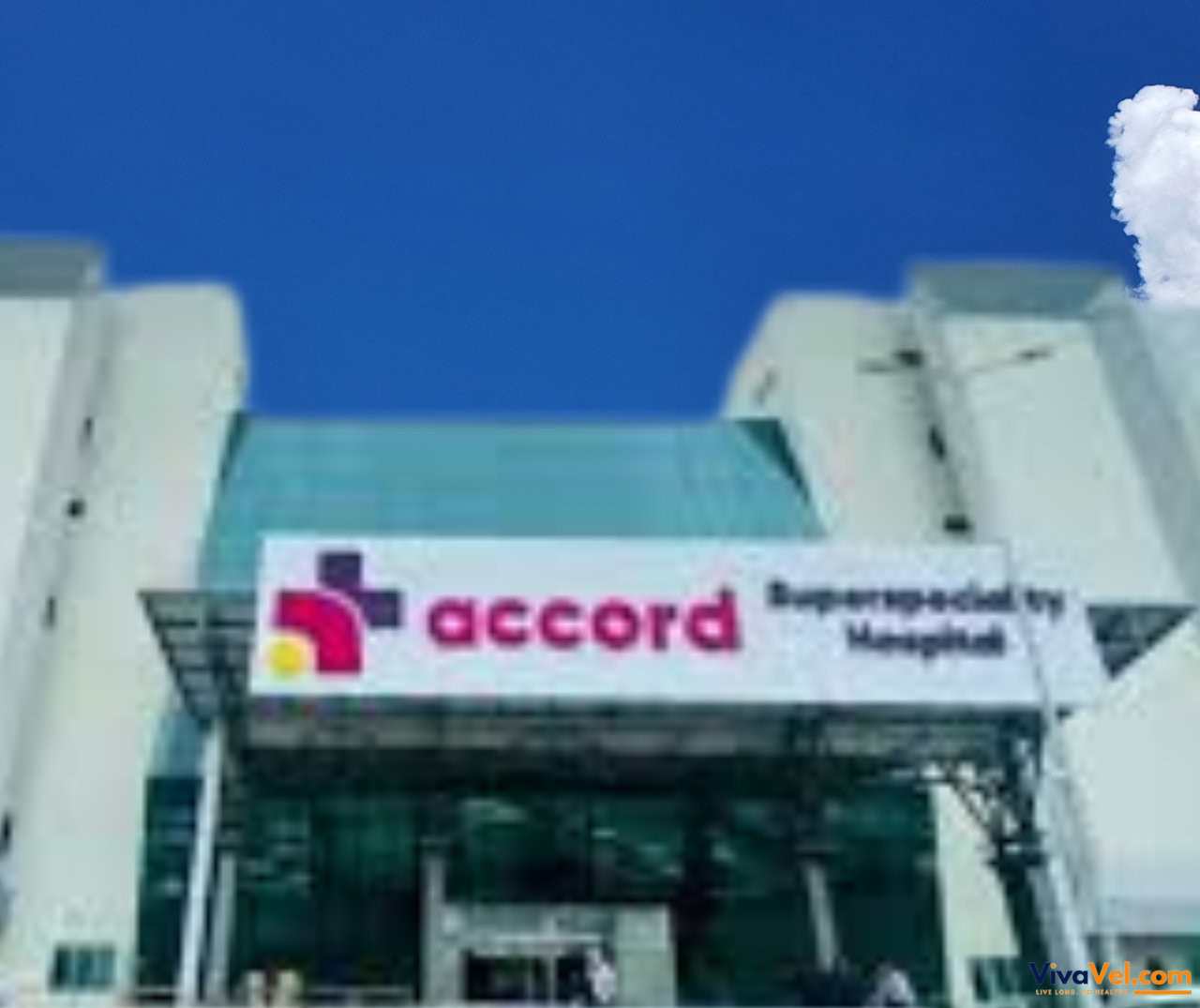


![]() Budena Village, Sector 86, Faridabad, Haryana 121002, India
Budena Village, Sector 86, Faridabad, Haryana 121002, India
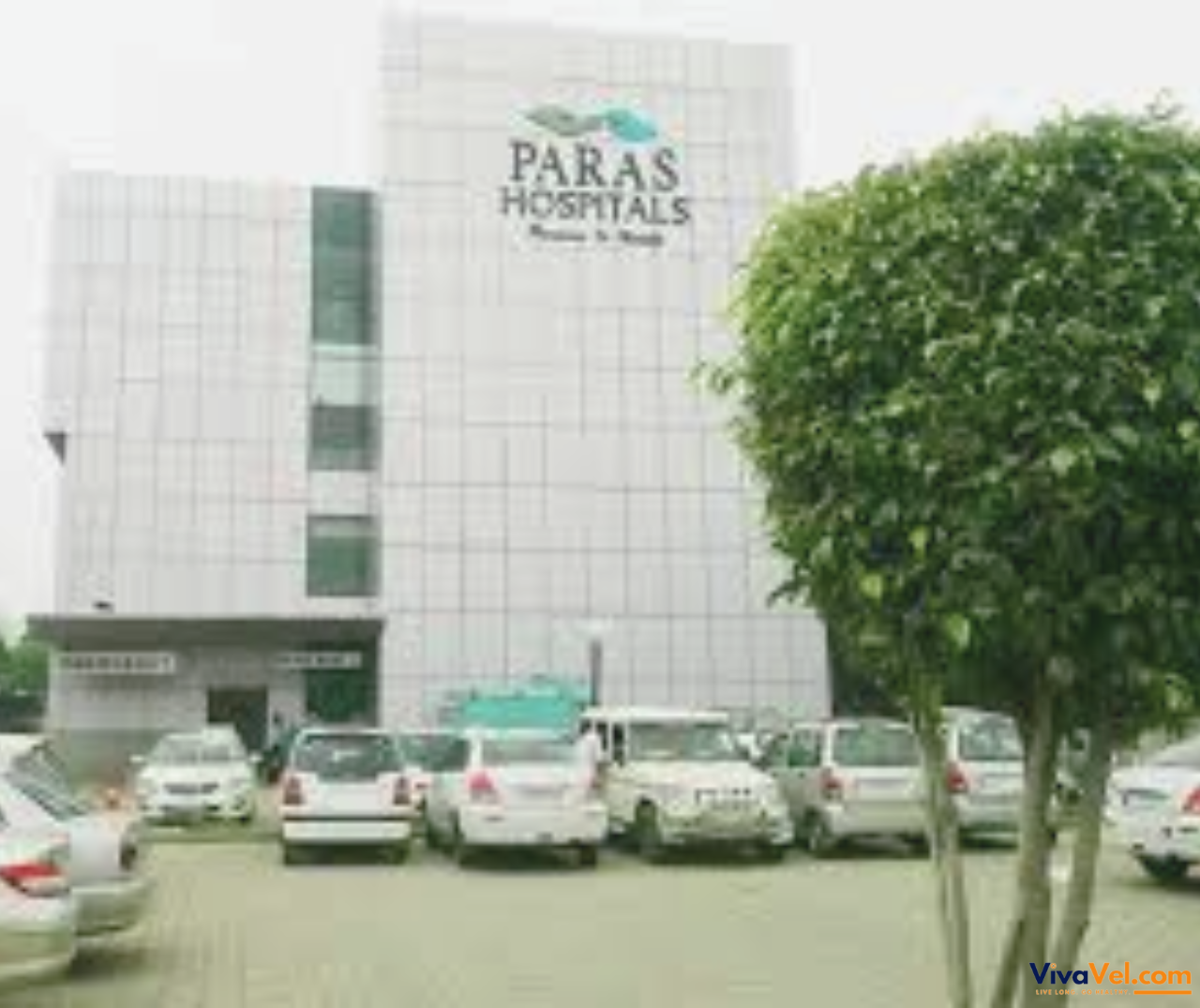


![]() C-1, Sushant Lok- 1, Sector-43, Phase- I, Gurugram, Haryana, 122002
C-1, Sushant Lok- 1, Sector-43, Phase- I, Gurugram, Haryana, 122002




![]() Lot 2, Jalan Baung 17/22, Seksyen 17, 40200 Shah Alam, Selangor Kuala Lumpur, 40200 (Malaysia)
Lot 2, Jalan Baung 17/22, Seksyen 17, 40200 Shah Alam, Selangor Kuala Lumpur, 40200 (Malaysia)

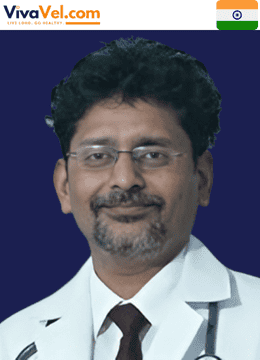
Dr. (Prof.) Rohit Gupta is a well-known neurologist in Faridabad, Haryana, India, with over 17 years of experience in clinical neurology. He achieved academic success...
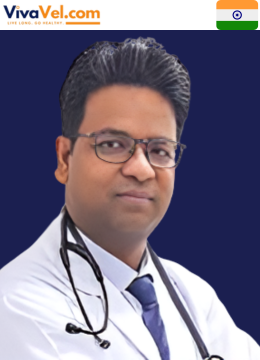
Dr. Sandeep Ghosh is a highly regarded consultant neurologist, currently practicing at the esteemed Neurosciences Department of Accord Superspeciality Hospital in Faridabad, ...

Dr. Vikram Dua is one of India's top neuro and spine surgeons. With over 26 years of experience, he has performed over 10,000 surgeries, with a success rate excee...
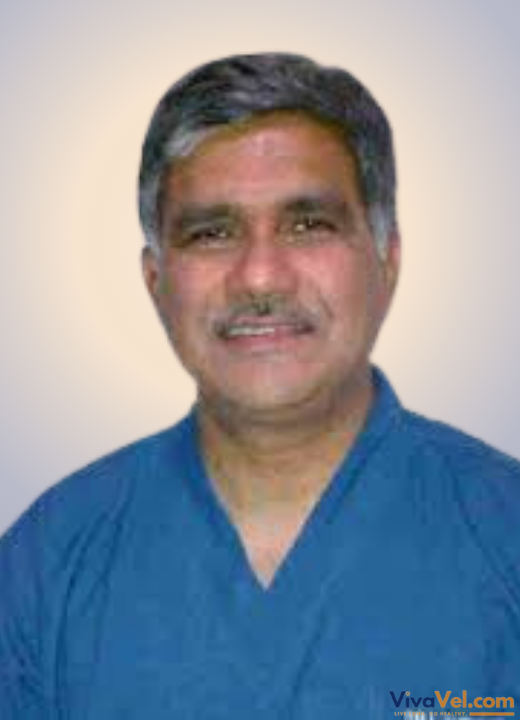
Dr. LN Tripathy is a highly esteemed neurosurgeon with an impressive 31-year career. Since April 2010, he has been the Director of the Medica Institute of Neurologica...
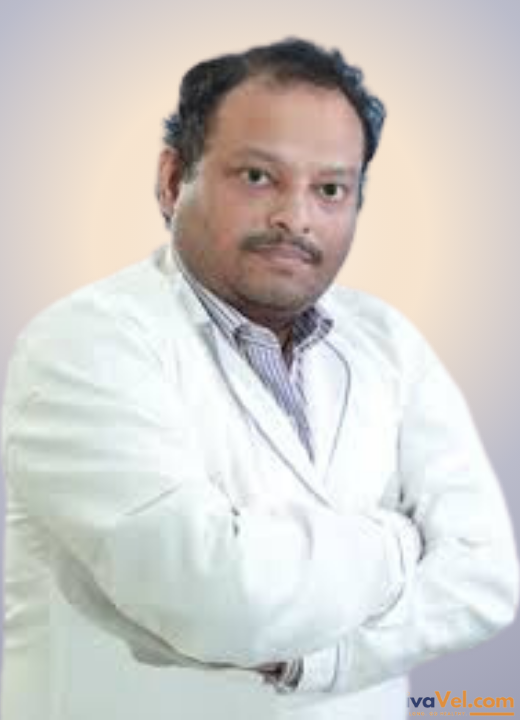
Dr. Anish Kumar is a highly experienced medical professional with over 21 years of experience, including more than 11 years dedicated to neurology. He is currently a ...
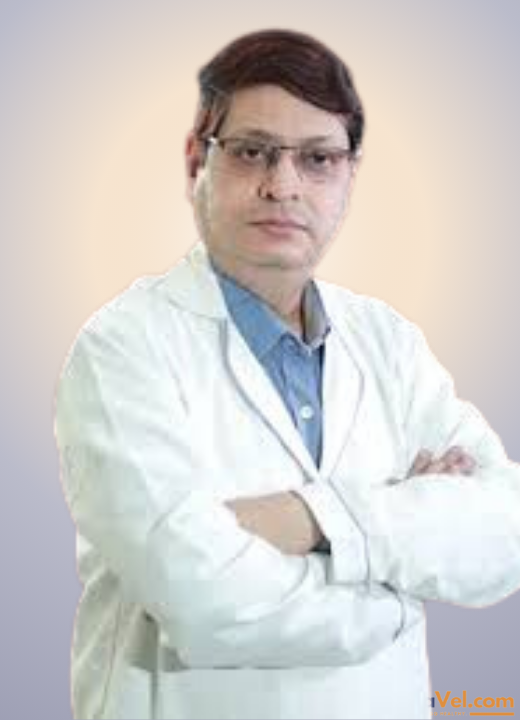
Dr. Kaushik Sen is a highly esteemed senior consultant neurologist with over 18 years of post-DM experience in neurology. He holds a gold medal in MBBS, an MD i...
Treatment Plan & Cost within 2 days
